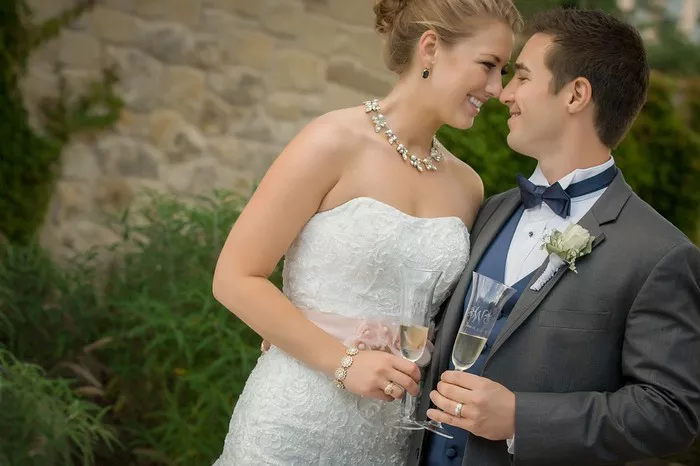Young couples are driving a radical transformation in marital preparation, with 73% of Gen Z engaged couples reporting they’d rather attend premarital counseling than bachelor/bachelorette parties—a stark contrast to their parents’ generation. This demographic’s embrace of professional guidance reflects both their mental health awareness and determination to avoid the relational patterns they witnessed growing up.
“Therapy isn’t taboo for us—it’s basic maintenance,” says 24-year-old Maya Chen, who attended six months of premarital sessions before her October wedding. Her generation’s approach includes unflinching discussions about division of emotional labor, climate change anxieties impacting family planning, and the realities of neurodiverse partnerships. Clinics report surging demand for specialized premarital programs addressing blended families, interfaith marriages, and LGBTQ+-specific concerns.
Religious institutions are adapting to stay relevant. While church-sponsored premarital courses once focused primarily on sexual purity and traditional gender roles, many now incorporate secular relationship science. “We’re teaching conflict resolution techniques alongside biblical marriage principles,” explains Pastor James Reynolds of Houston’s nondenominational Grace Point Church. His revised curriculum includes modules on managing social media boundaries and identifying emotional abuse—topics rarely addressed in previous generations’ religious prep.
The business world is responding too. Major employers like Microsoft and Unilever now include premarital counseling in their benefits packages, recognizing that marital stability impacts workforce productivity. Even pop culture is catching on—reality shows like Netflix’s “Ready to Commit” follow couples through premarital programs, normalizing the process for mainstream audiences.
Sociologists see this trend as part of a larger generational shift toward intentional relationships. “Gen Z isn’t just getting married—they’re architecting marriages,” notes Dr. Leah Simmons of the Pew Research Center. With divorce rates plummeting among couples who complete premarital work, this preventative approach may finally disrupt the dismal statistics that have defined modern marriage for decades. The wedding industry’s newest essential service isn’t something you can photograph—but it might be the only investment that guarantees lifelong returns.


